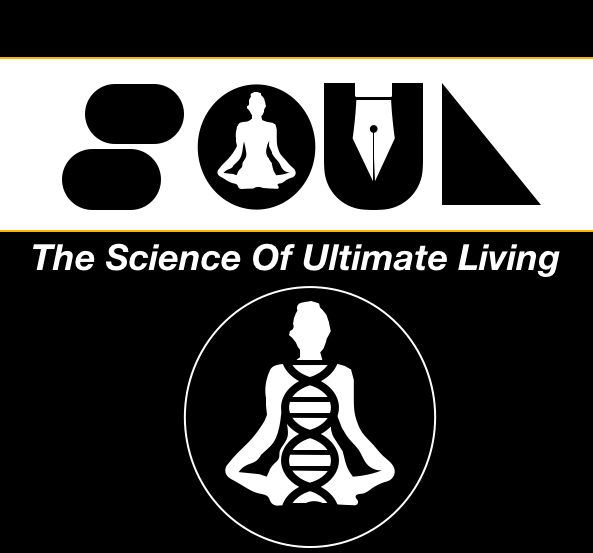
“Man can do what he will but we cannot will what he wills.”-Schopenhauer
Are you reading this post of your free will?
We have this strong urge that tells us yes. But where did the intent come from? A bit of scrutiny and we realise that our will is probably not as free as we feel.
The concept of free will relies on two flawed assumptions:
- We could have acted differently in the past.
- We are the conscious source of our thoughts and actions.
However, research suggests:
- Brain activity predicts decisions before conscious awareness.
- The brain is a physical system governed by natural laws.
- Quantum mechanics offers no basis for free will.
Our actions are guided by what happened before, and that by what happened before that. If past was exactly same, the decision we make now will remain same. Willpower is a biological phenomenon, shaped by genes, environment, and experiences. Desires and preferences are formed through lifelong interactions, not conscious choice.
Individual success is influenced by luck, genetics, and external factors. But choices (though guided by previous events) have consequences, despite being influenced by prior causes. Determinism is not same as fatalism.
Free will is an illusion. Our choices, thoughts, and actions are shaped by prior causes, genetics, environment, and chance. What are the consequences of having this knowledge?
May be you will ignore it, disagree with, it or accept it and:
- Recognize the interplay between internal and external factors and be humble.
- Acknowledge the role of chance and circumstance.
- Encourage personal responsibility, while understanding its limits.
- Foster empathy and compassion for individuals’ circumstances.
What you choose is already predetermined by the past events that shaped you.
Free Will by Sam Harris (2012)


